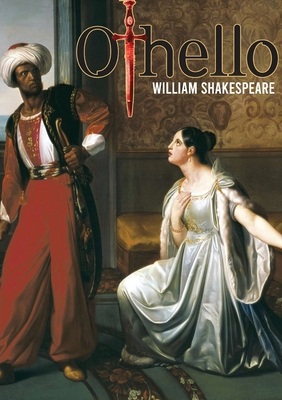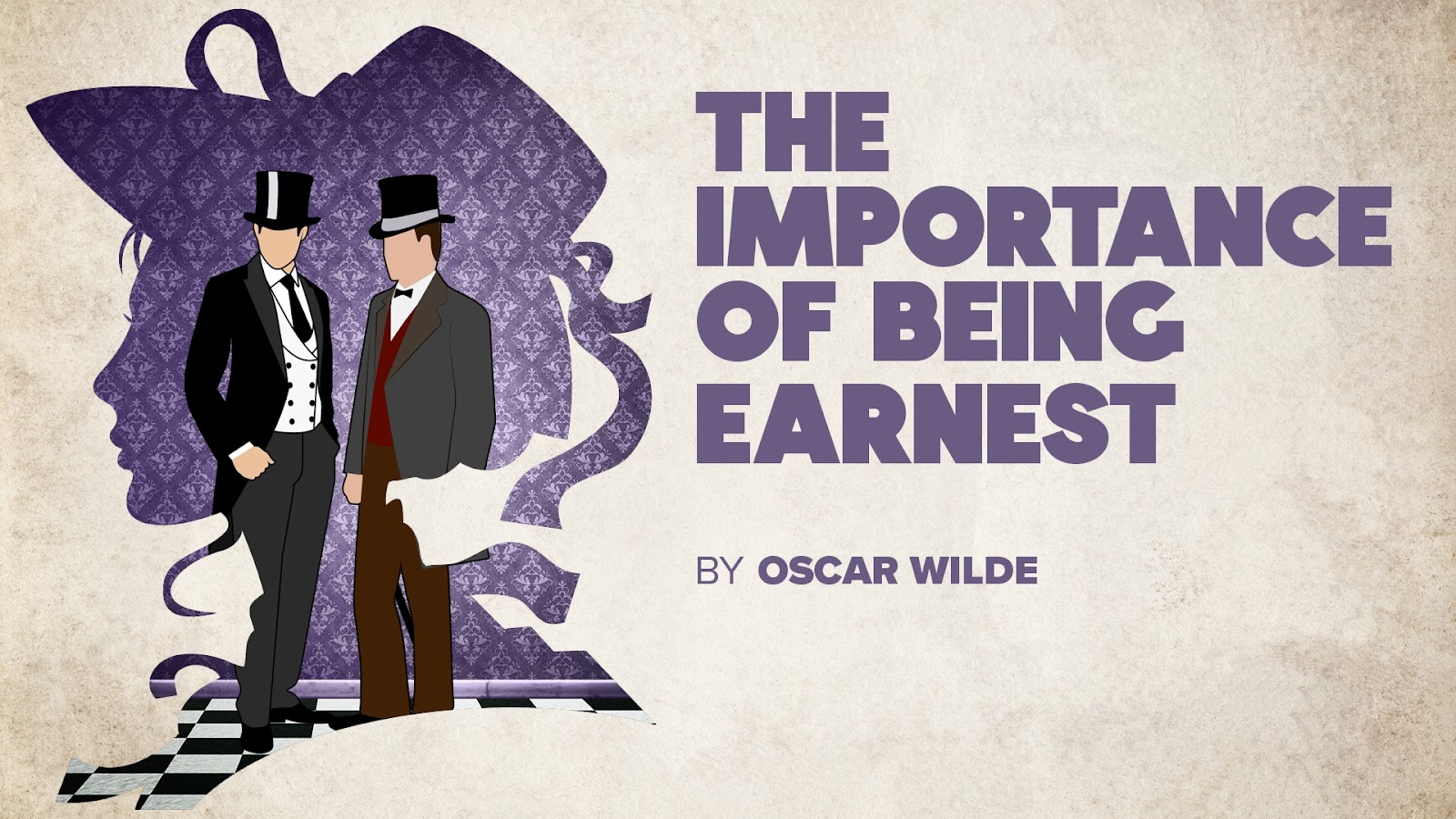Othello" is written by William Shakespeare,in
1603.the main character of the story is Othello who is a moorish militery commander.the whole story revolves around the two characters, Othello and logo.
"Othello" is an Aristotelian tragedy:
Othello, the protagonist, is a Moorish general in the Venetian army. He possesses noble qualities and high social standing, making him a classic tragic hero.Othello's tragic flaw is his extreme jealousy, fueled by his insecurity and vulnerability. This flaw ultimately leads to his downfall.
The play unfolds with a reversal of Othello's fortune. Initially respected and loved, he becomes consumed by jealousy and ends up killing his beloved wife, Desdemona.Othello experiences a moment of recognition when he discovers the truth about Iago's manipulation and Desdemona's innocence. However, this realization comes too late to prevent the tragic outcome.Othello's hubris, or excessive pride, is evident in his inability to trust his wife. This pride leads to his nemesis, as he loses his reputation, love, and life due to his actions.
The audience experiences catharsis as they feel pity and fear for Othello's downfall, which is a central aim of Aristotelian tragedy.
While Shakespeare's plays often take liberties with the unity of time, place, and action, "Othello" maintains a sense of unity in terms of its focused narrative and the development of its tragic hero.
"Othello" conforms to many of the fundamental elements of an Aristotelian tragedy, with Othello serving as the tragic hero, his jealousy as the tragic flaw, a reversal of fortune, a moment of realization, catharsis in the audience, and the consequences of hubris. These elements collectively classify it as a quintessential Aristotelian tragedy.
According to Aristotle, a tragic defect characterizes a tragic hero and the defect is revealed throughout the play.Shakespeare's play, "Othello, the Moor of Venice," is a example of a tragedy and its main character, Othello, is a example of what Aristotle constructs as a tragic hero. The play simulates life through basic human emotions like jealousy and anger. Furthermore, Othello is far from being a perfect character—another quality that meets Aristotle's requirements. What defines a tragedy? Othello matches Aristotle's ideas of the tragic hero as Othello realizes his error, which causes us to empathize with him. The tragedy of Othello has all of the qualities that a play must have to be considered a tragedy. In this play we are presented with Othello, the tragic hero of the play, whose character is defined as “a black man of courage and dignity - and yet insecure, a pressured for bad advice,able to fool.”
Tragic hero of the play:
-protegonist
- Dealing with defeat and pain
-Virtue and sympathy
- died in the end
Characteristics of tragic hero:
1.Likeness
2.Compatibility
3.eligibility
3.True to life
All characteristics should be presented a tragic hero.
Aristotelian elements include; The importance of events, catharsis, dramatic form, reversal and belief, and the tragic hero providing significant evidence that the play is an Aristotelian tragedy, and Othello is a tragic hero according to Aristotle. Othello is a domestic tragedy: a marriage tragedy.
The love of Othello and Desdemona can be identified by the statement of patriarchal marriage: their intensity, member charge and equal class.
In this tragedy,We can find out the elements of Aristotelian's tragedy.






No comments:
Post a Comment